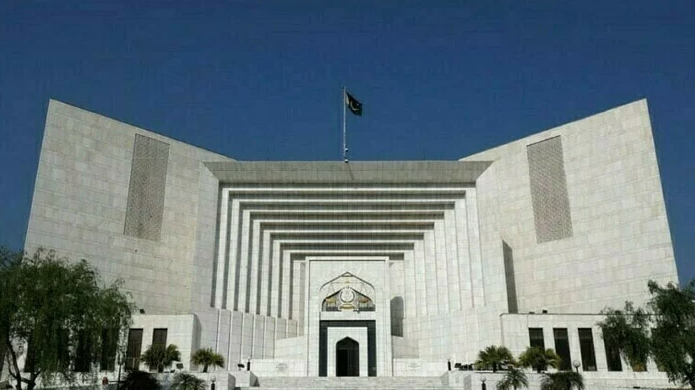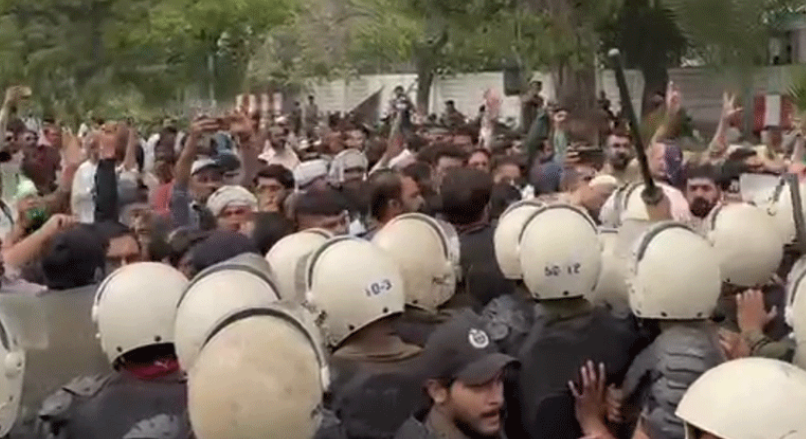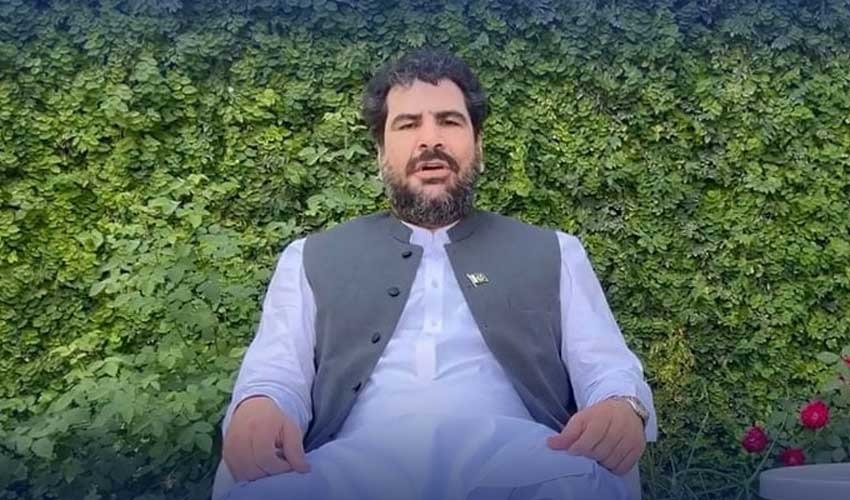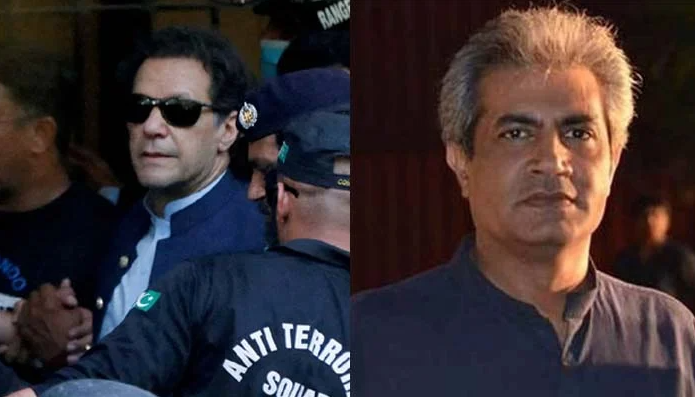LEGAL

The federal government has submitted its formal response to the Supreme Court regarding the ongoing judges' seniority case. In its response, the government requested the dismissal of all petitions concerning the appointment of judges, including the judges of the Islamabad High Court (IHC), and reaffirmed that the transfers were made in accordance with the constitution.
Key Points of the Government’s Response
The federal government’s response stressed that the transfer of judges does not equate to a new appointment and that no new oath is required for judges upon their transfer. This was made clear by the government in its argument, noting that the transfer of judges under Article 200 of the Constitution is not temporary and does not violate judicial independence.
The government stated that the Judicial Commission of Pakistan had already appointed two judges to the Islamabad High Court, leaving three vacancies yet to be filled. It also clarified that transparency in the judiciary would be upheld through these transfers and that they would not compromise the independence of the judiciary.
The Role of the President and Chief Justice in Judge Transfers
In its submission, the federal government also emphasized the division of authority in the process of judge transfers. It stated that while the President has limited authority over judicial appointments, the actual authority lies with the Chief Justice of Pakistan and the respective Chief Justices of High Courts. Therefore, the government argued, the petitions against the appointments should be dismissed.
The Path Forward
The federal government's response aims to clarify the legal and constitutional basis for the judge transfers and asserts that the decisions taken were in line with Pakistan’s legal framework. The Supreme Court’s decision on this matter is expected to be pivotal in shaping the future of judicial appointments and transfers in the country.




